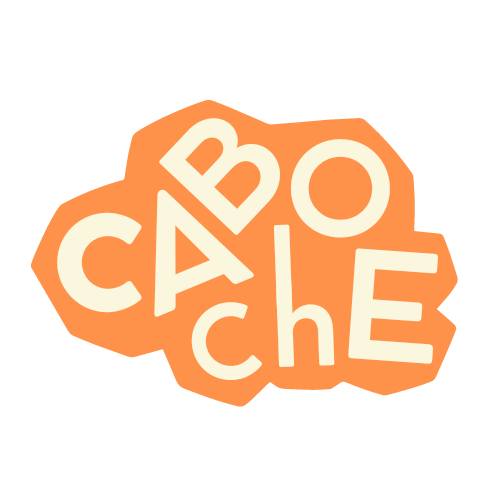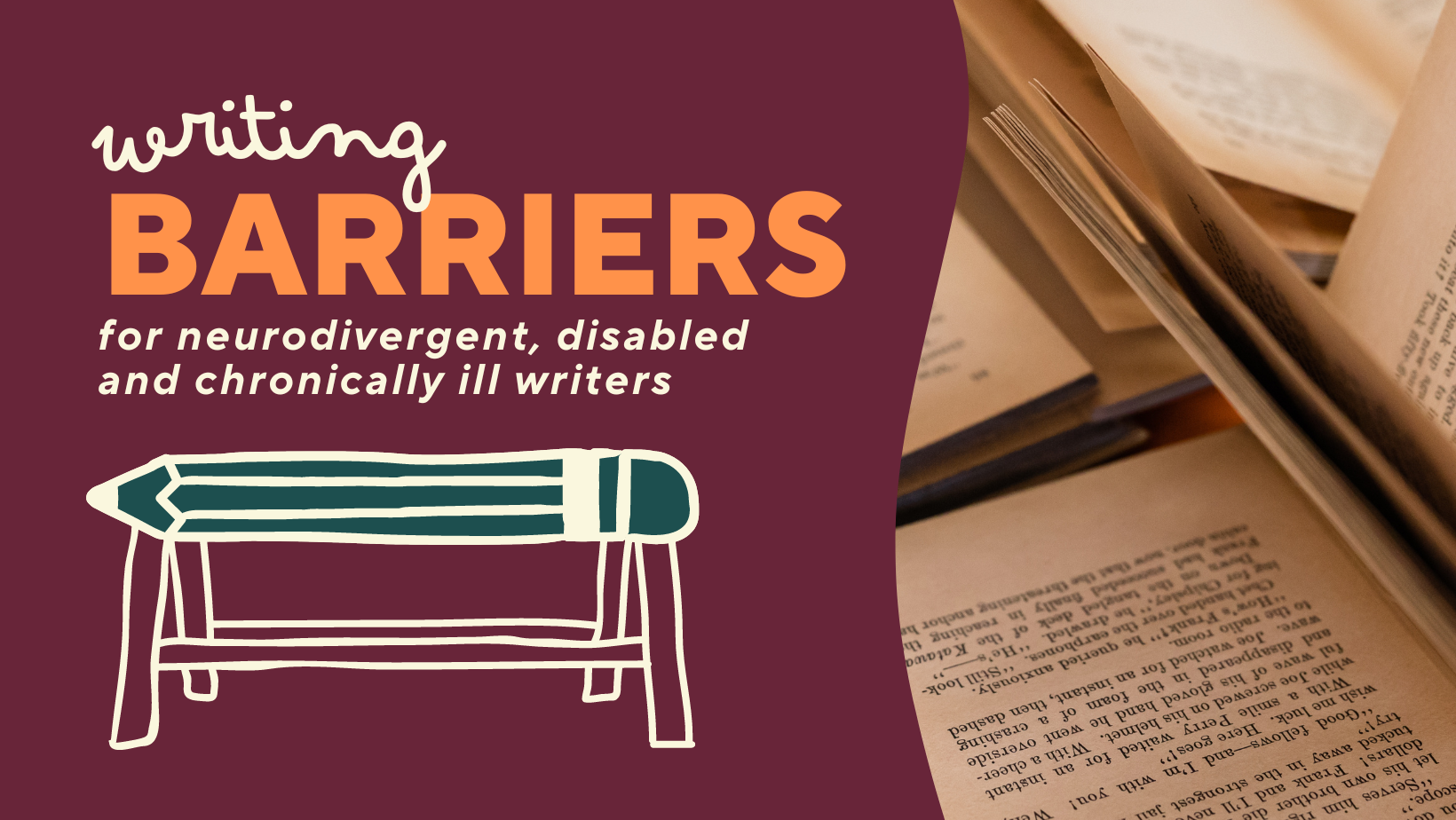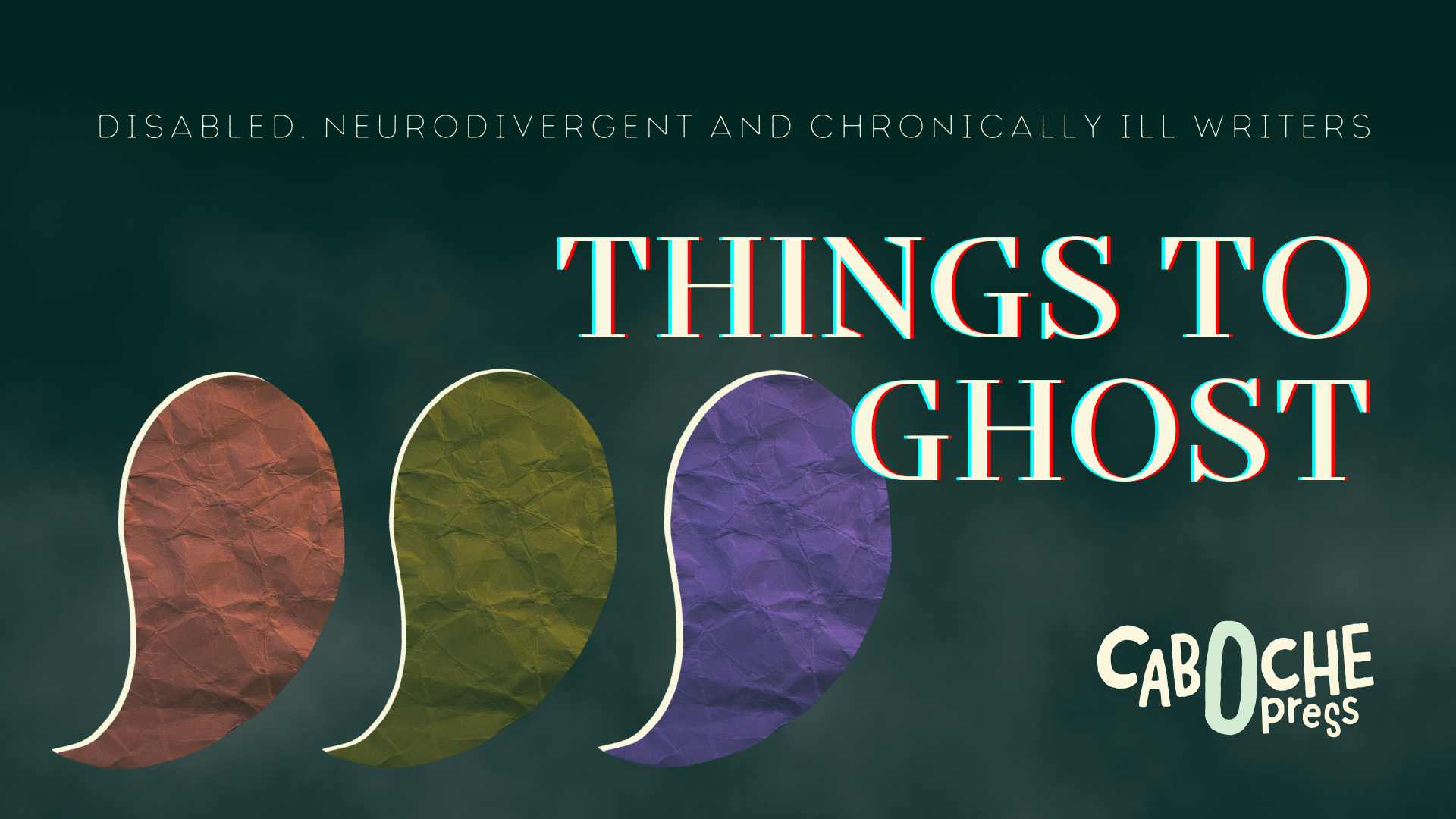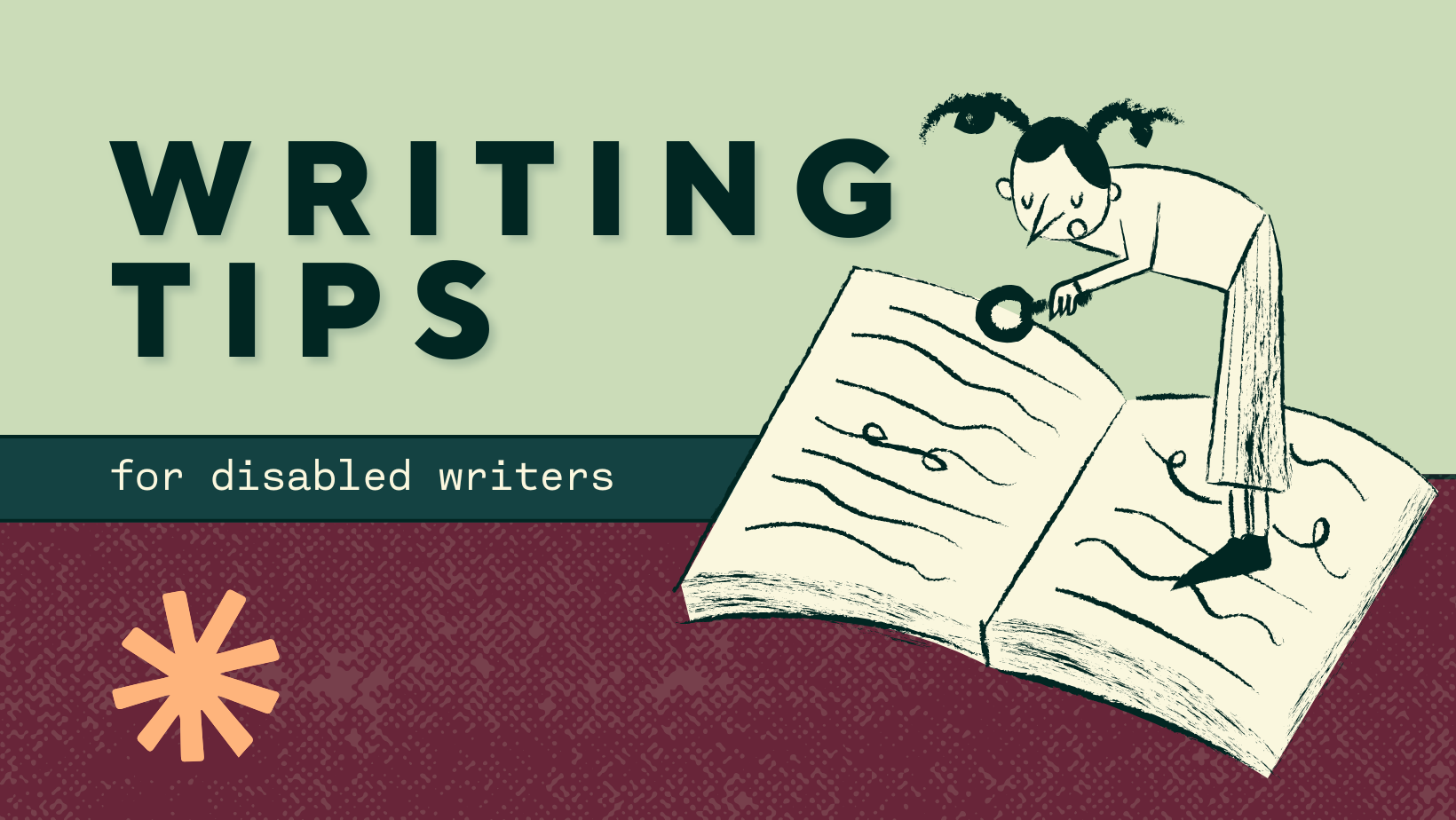Disabled writers face unique barriers, many of which are invisible to those outside the community. These obstacles range from external challenges like inaccessible tools to internal struggles like fluctuating self-doubt. Understanding these barriers is the only way to dismantle them and create a more inclusive literary world where all voices are heard.

1. Fluctuating Energy Levels
Many disabled writers, especially those with chronic illnesses or fatigue-related conditions, struggle with fluctuating levels of energy. Writing requires both mental and physical effort and with unpredictable or easily depleted energy levels, maintaining a consistent writing routine becomes nearly impossible. This can lead to long periods where disabled writers are unable to produce work, causing frustration and delays in creative projects.
2. Accessibility to Tools and Networking Events
Many disabled writers rely on assistive technology to write, whether that’s voice-to-text software, screen readers or adaptive keyboards. These adaptive softwares are often expensive or difficult to acquire. This lack of accessible tools can slow down or even halt the creative process, limiting opportunities for disabled writers to share their stories.
Additionally, literary events, workshops and networking opportunities are sometimes held in physical spaces that are inaccessible to people with disabilities. Whether it’s a lack of ramps, sign language interpreters or other accommodations, these barriers prevent disabled writers from participating in critical professional development opportunities.


3. Financial Barriers
Pursuing a writing career often requires significant financial investment — whether it’s paying to further one’s education, attending workshops, purchasing assistive technology, buying books (a good writer is a good reader) or submitting to literary magazines with fees. For disabled writers, who are disproportionately affected by unemployment or underemployment, the financial burden of these investments can be overwhelming.
4. Procrastination as a Result of Overwhelm
Procrastination is something most writers deal with, but for disabled writers, especially those with ADHD, it’s often tied to the overwhelming nature of the writing process. The idea of writing a novel can seem like a daunting task, depleted by the sheer effort it takes to navigate inaccessible tools, manage energy levels and confront physical limitations can make starting a writing project feel nearly impossible. The emotional toll of constantly working against these barriers can result in a cycle of avoidance and guilt, making it difficult to even begin writing, let alone finish.


5. Literacy Levels
Some disabled writers face barriers related to literacy levels, particularly those with intellectual or developmental disabilities (IDD) or learning disabilities, like dyslexia. These writers may have rich stories and valuable perspectives, but struggle to communicate them in ways that fit the conventional mold. Besides, many publishers don’t bother to accommodate different literacy needs, further marginalizing disabled writers who may need alternative formats or additional support.
6. Lack of Confidence and Self-Doubt
Internal barriers can be the hardest to overcome. Disabled writers, particularly those who have faced systemic exclusion from literary spaces, often struggle with feelings of self-doubt and imposter syndrome. When the publishing industry offers little in the way of representation or support, it’s easy to feel like your voice doesn’t matter or isn’t worthy of being heard. This lack of confidence can be exhausted by learning disabilities affecting literacy levels and can prevent talented disabled writers from pursuing opportunities or sharing their work.


7. Limited Representation and Recognition
The literary world has historically lacked representation of disabled voices, leading to a cycle of underrepresentation that continues today. When editors or publishers don’t understand or value their perspectives, disabled writers are more likely to be overlooked for publication opportunities or dismissed for writing styles that don’t fit conventional expectations. This lack of visibility and representation perpetuates the misconception that stories about disabled lives are not as important, leaving disabled writers to wonder if their narratives matter.
8. Discrimination and Ableism in the Publishing Industry
Disabled writers often face ableism and discrimination within the publishing industry, from editors, agents and even fellow writers. Whether it’s through patronizing language, assumptions about a writer’s abilities or a lack of effort to make accommodations, ableism can manifest itself in many ways. This can lead to disabled writers being rejected for reasons unrelated to the quality of their work or being asked to edit or remove aspects of their narratives that deal with disability. These microaggressions and systemic barriers can discourage disabled writers from submitting their work or pursuing a career in writing altogether.

Moving Forward: Creating a More Inclusive Literary World
Addressing these barriers requires a collective effort from the publishing industry. Fostering supportive writing spaces, providing necessary tools and actively seeking disabled voices in mainstream literary conversations are all steps toward breaking down these barriers.
At Caboche, we are taking steps to change the relationship between writers and publishers. Our mission is to uplift disabled voices, and not only those we publish. We don’t require a manuscript upfront and offer services supporting writers every step of the editorial process, along with ghostwriting services. As a small press, we are committed to hosting events only in accessible venues.
We know disabled writers have unique perspectives that enrich the literary world and it’s crucial that their voices are heard. By removing the obstacles that hinder them, we hope to open up a more diverse and inclusive space for storytelling — one where every writer can share their story.



